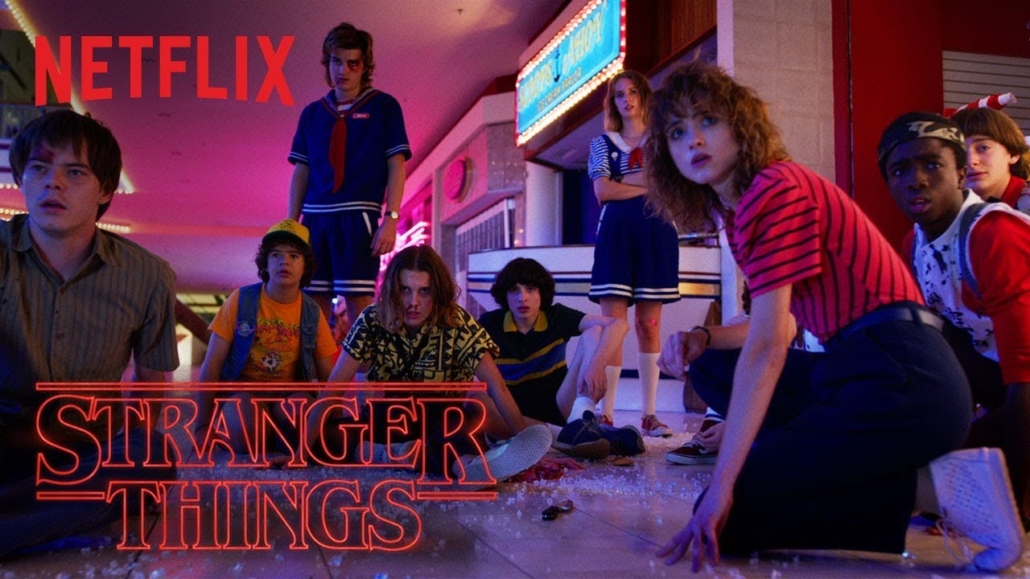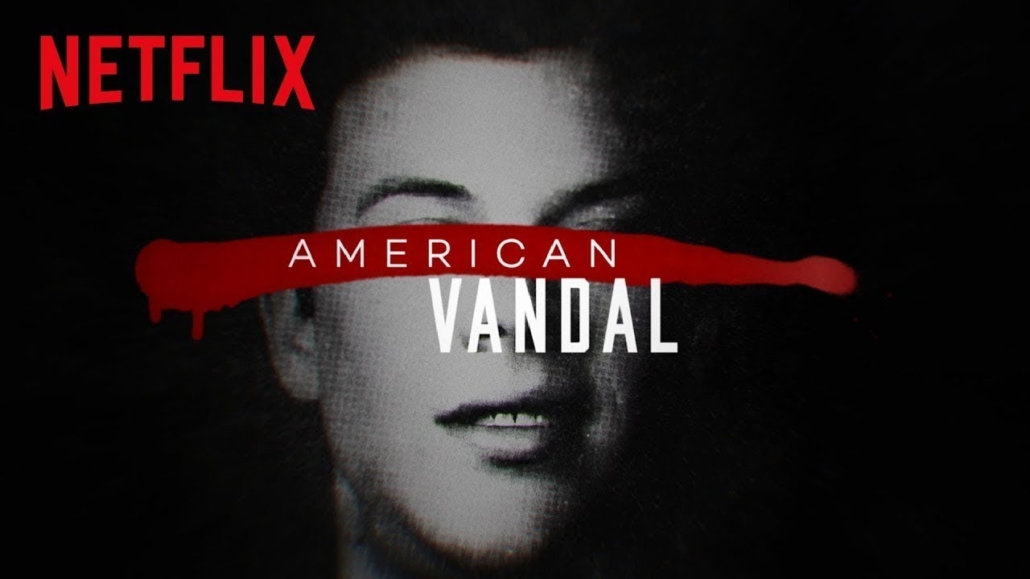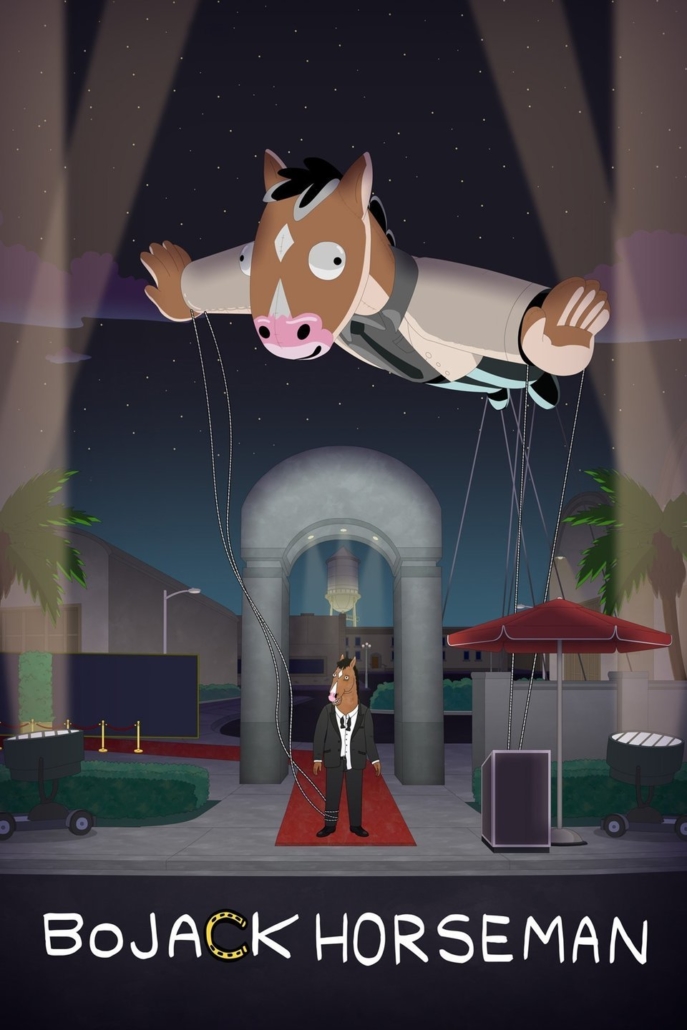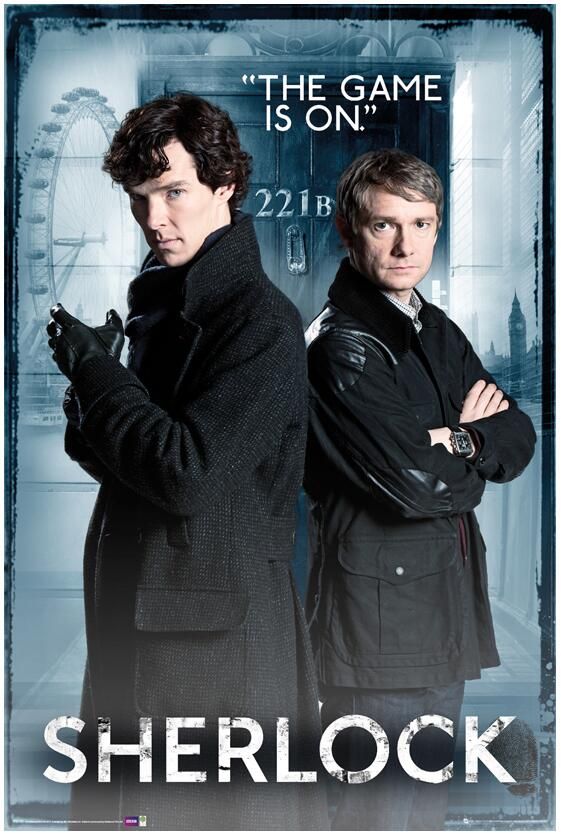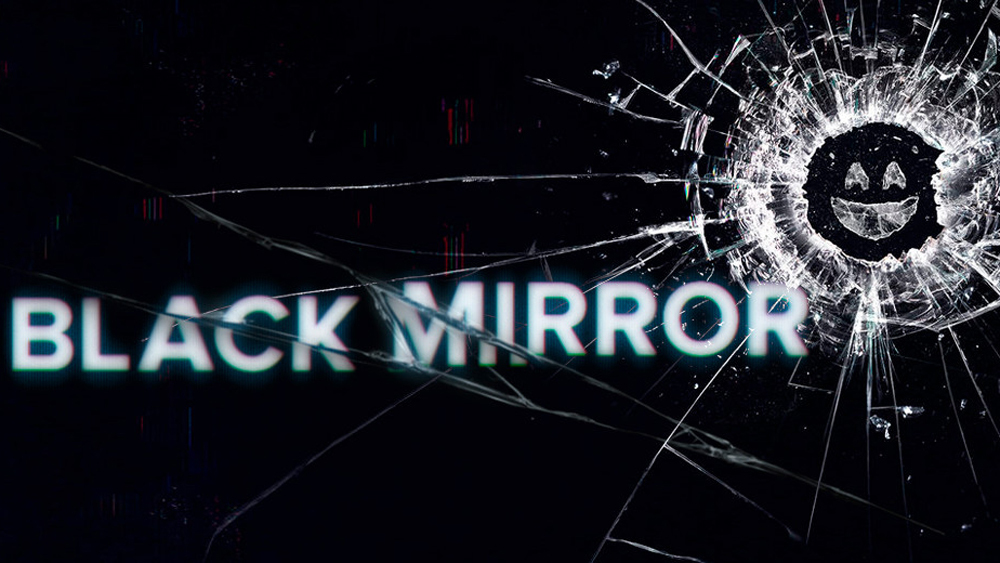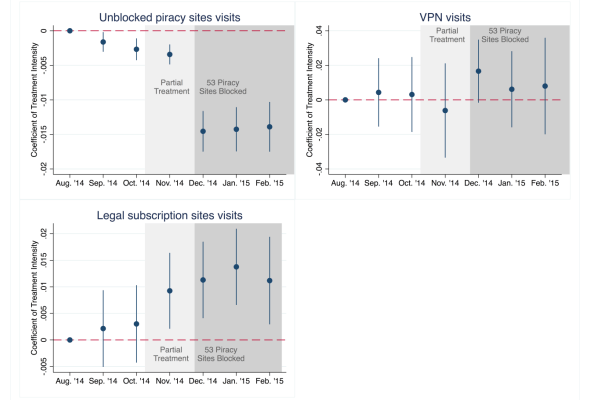
This week the US Customs and Border Protection Bureau hosted a meeting discussing various copyright enforcement efforts.
During the meeting, various stakeholders were invited to submit input for the Presidential Memorandum on Combating Trafficking in Counterfeit and Pirated Goods, set to be released later this year.
A similar request was previously made by the US Department of Commerce. While we already covered some of these responses, the views of the Copyright Alliance, which were sent in response to the latest meeting, haven’t been mentioned yet.
In a detailed submission the Copyright Alliance, which says it represents 1.8 million creators and 13,000 pro-copyright organizations in the United States, mainly focuses on online piracy. Specifically, the non-profit group urges the Trump administration to prioritize enforcement against online piracy.
“Online digital piracy has been and continues to be a plague on the creative community that harms both large and small copyright owners. Established channels of digital piracy, such as peer-to-peer file sharing and cyberlockers, remain popular, while emerging threats such as stream ripping services gain ground,” the group writes.
Another ’emerging’ piracy problem, one that involved physical products, is the growing threat of piracy devices and apps, which the Copyright Alliance abbreviated to PDAs. Kodi-based devices are most prevalent among this category, the group notes, but it adds that the Kodi software itself is legal.
Problems arise when people configure Kodi-devices with add-ons that give people easy and direct access to pirated movies, TV-shows, and other video content.
“Distributors of PDAs make it easy to stream and download pirated content at the push of a button. Their devices essentially allow purchasers to watch for free what legitimate streaming services charge you to access, and they advertise it as such,” the Copyright Alliance writes.
The group points at various examples including advertisements for the now-defunct Dragon Box, which encouraged potential customers to “Get rid of your Premium Channels” and to “Stop paying for Netflix and Hulu”.
These devices and services threaten the revenue of copyright holders, the group states. Not just those who produce the content, but also various legitimate distribution platforms.
“The widespread use of PDAs not only infringes upon the copyrights of creators of films and TV shows, but also harms competition by harming legitimate streaming services, such as Netflix and Hulu, that are licensed to provide content and increasingly produce their own works,” the Alliance writes.
The Copyright Alliance encourages the US Government to address these problems where possible. In addition, it also would like to see the criminal penalties for streaming piracy to be increased from a misdemeanor to a felony. This would bring it on par with the criminal penalties for downloading.
This argument has been made by several parties in recent months, and the Copyright Alliance backs it as well.
“We agree that copyright criminal penalties should reflect the realities of how infringing conduct is occurring and believe the presence of meaningful criminal penalties plays a significant role in deterring willful and egregious infringement.
“We urge the Administration to continue working on harmonizing criminal penalties for the most common types of infringement,” the Alliance adds.
A full overview of the recommendations sent to the Customs and Border Protection Bureau, which also supports the pending CASE ACT and calls for measures against textbook counterfeiting, is available here.
Source: TF, for the latest info on copyright, file-sharing, torrent sites and more. We also have VPN reviews, discounts, offers and coupons.


